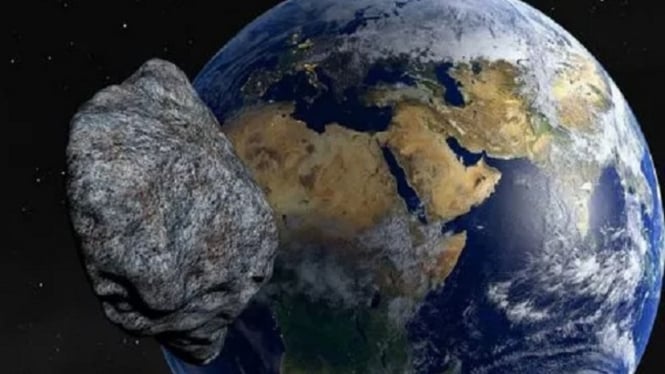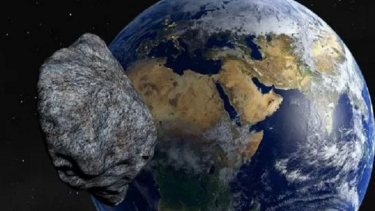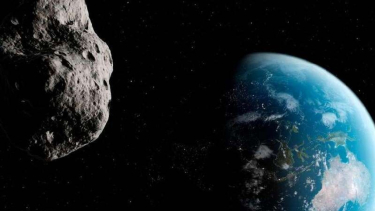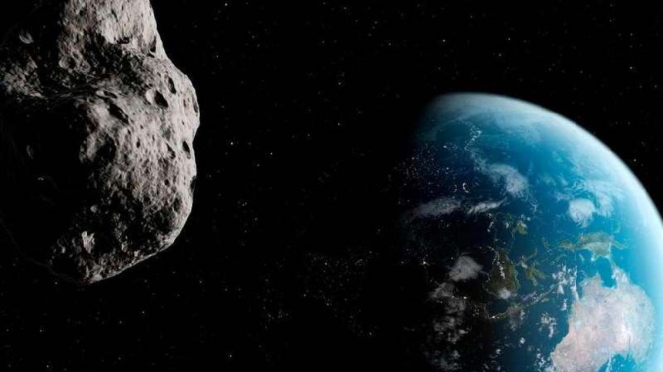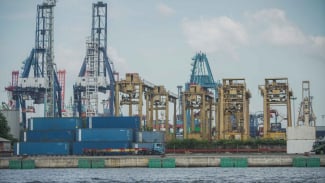Large Asteroids Get Closer to Earth This Week
- Jagran English
VIVA – Several asteroids have been detected by NASA Jet Propulsion Laboratory (JPL) get closer to the Earth. These space objects vary in size, ranging from the size of airplanes, buses, buildings and houses. Asteroid 2017 XQ60 will approach Earth at 08:58 EST or 8:58 pm in West Indonesian Time. It is the size of an airplane and will approach at a distance of 7,200,405 km at a speed of 15,962 km/second.
NASA JPL has classified it as a Near-Earth Asteroid due to its orbital proximity to Earth, but it is not considered potentially hazardous. It will make its closest approach this Wednesday, December 21, 2022.
On the same date, the US agency also detected 2022 YK, which is only the size of a bus. It is categorized as a near-Earth asteroid (NEO) from the Apollo family. Its distance will be 1,218,490.
Ilustrasi Asteroid mendekati Bumi.
- CNET
Still on this day, there is also asteroid 2022 UD9 which is included in the dangerous category because it is near the earth (NEO / PHA). Its closest distance will reach 1,778,572 at 8:24 pm in West Indonesian Time.
Meanwhile, for Thursday, December 22, 2022 there will be 2022 YG which is only the size of a house. It's in the Apollo family and a near-Earth object (NEO) that will make its approach at 10:26 pm in West Indonesian Time.
NASA marks any space object within 120 million miles (193 million km) of Earth as a 'near-Earth object'. While fast-moving objects within 4.65 million miles (7.5 million km) are categorized as 'potentially hazardous'.
After objects are tagged, astronomers monitor them closely, looking for deviations from their predicted trajectories, which could put them on an Earth-shattering collision course.
NASA knows the locations and orbits of about 28,000 asteroids, which it maps with its Last Warning System (ATLAS). Since the system became operational in 2017, ATLAS has detected more than 700 near-Earth asteroids and 66 comets. The two asteroids detected by ATLAS were 2019 MO and 2018 LA.
Two of those objects actually hit Earth, the former exploding off the southern coast of Puerto Rico and the latter landing near the border of Botswana and South Africa.
